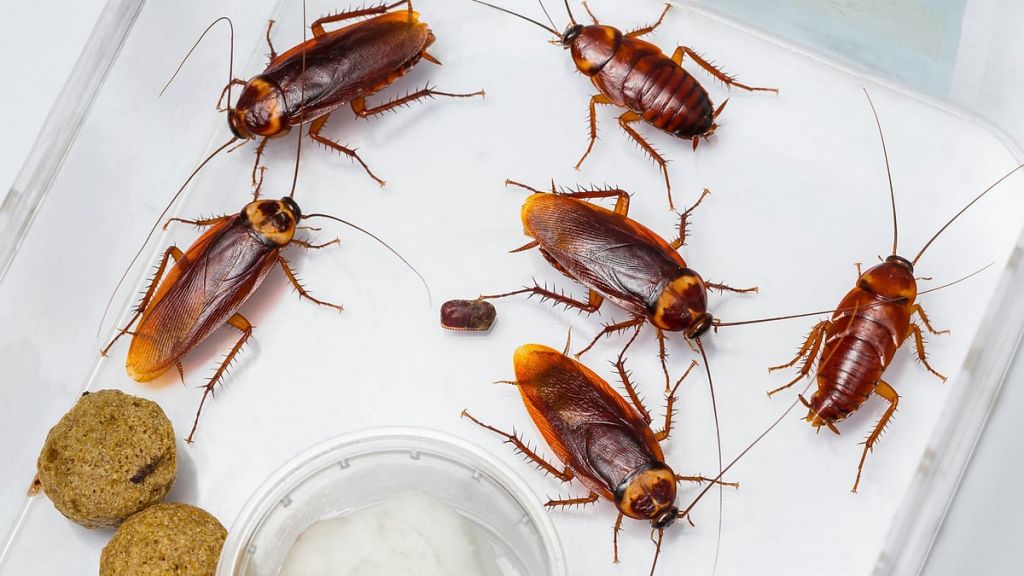
Ever imagined yourself drinking cockroach milk. As much as it disgusts you to the core, surprising research shows its benefits. Cockroach milk has captured the attention of scientists and nutritionists alike. In 2016, researchers studied a milk-like substance produced by female Pacific beetle cockroaches to nourish their young. Their findings, published in the Journal of the International Union of Crystallography, suggested that this fluid could be one of the most nutrient-dense substances on Earth.
Unlike traditional dairy milk, cockroach milk is a yellowish liquid that crystallises inside the stomachs of cockroach offspring. This substance is loaded with protein, amino acids, and healthy sugars, all essential for bodily functions like cell repair and growth. Researchers discovered that cockroach milk contains three times more calories than buffalo milk, which was previously the most calorie-dense mammalian milk known.
Lab research has shown that cockroach milk is more than three times as nutritious as cow's milk, buffalo milk and human breast milk.
— Bol d'Or (@Michael43170314) February 2, 2025
Who wants to invest with me in a Roach Dairy?
thinking ahead, mah Droogs. pic.twitter.com/PYCbPc3H42
Why Cockroach Milk Is the New Health Obsessionhttps://t.co/XM9n4wvnj6 pic.twitter.com/gsW7F82Ezl
— Marie Claire (@marieclaire) May 22, 2018
Can humans consume cockroach milk?
While its nutritional profile is impressive, cockroach milk is not currently available for human consumption. The biggest hurdle? Production. Cockroaches generate only a tiny quantity of this fluid, making commercial extraction nearly impossible. Unlike cows or goats, these insects cannot be 'milked' in a traditional sense.
Some scientists suggest that genetic engineering could be a possible solution-transferring cockroach milk-producing genes in yeast cultures might enable large-scale production. However, there is no conclusive research proving that cockroach milk is safe for human consumption.
According to the National Institutes of Health, "Studies suggest that cockroach milk has much higher energy content than traditional milk, making it a potential superfood. Its unique protein structure allows for a steady release of nutrients, making it highly efficient for growth and development. While it is not yet available for consumption, cockroach milk could become an important alternative food source in the future."
Scientosts discover that cockroach milk is FOUR times more nutritious than cow milk. pic.twitter.com/L9zXMZp5Q4
— HELLO INDIA (@hello_4_india) February 13, 2025
Future possibilities
The growing demand for dairy-free and sustainable food alternatives keeps cockroach milk in the conversation. Yet, commercial viability remains uncertain. In an interview with Health, Barbara Stay, PhD, professor emerita at the University of Iowa, remarked, “I think it unlikely that anyone will be drinking it soon. I have no idea how costly that would be to establish and then produce in any quantity.”
Though the idea may seem far-fetched, the potential nutritional benefits of cockroach milk continue to intrigue researchers. Whether or not it finds its way into mainstream food markets remains to be seen.